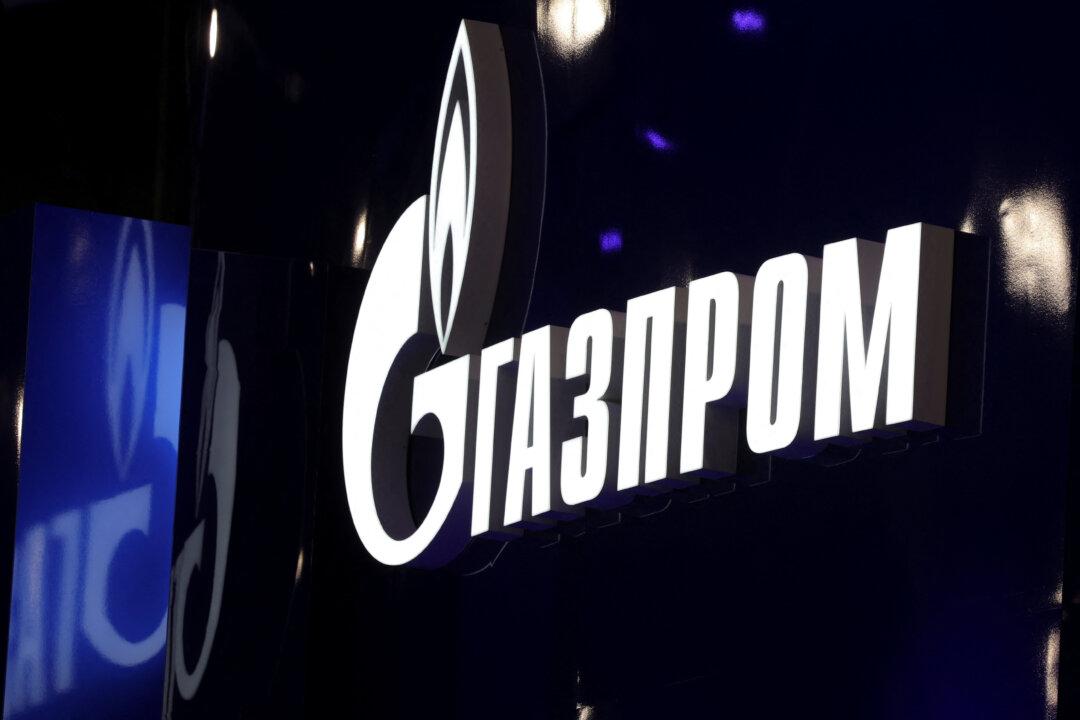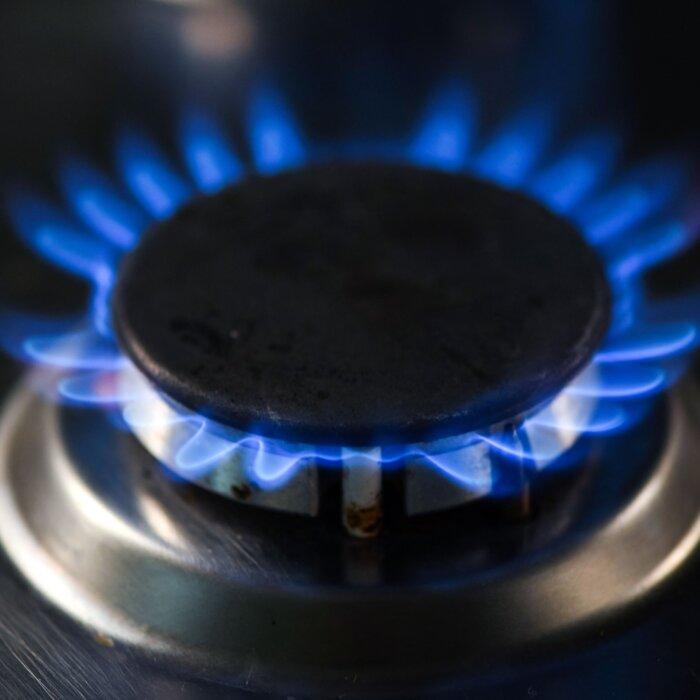The EU stated that it would end its decades-old energy relations with Moscow after the Kremlin launched its full invasion of Ukraine in 2022.
In June, the commission, which acts as the EU’s executive body, will present a legal proposal to ban remaining Russian gas and LNG imports under existing contracts by the end of 2027.
June will also see the commission propose a ban on Russian gas imports under new deals and existing spot contracts by the end of 2025.
“Obviously, that will not stand.”
Washington is pushing for a peace deal between Russia and Ukraine, which, if reached, may reopen the door for Russian energy.
However, while some industry leaders have indicated support for a return to Russian gas in the case of a peace agreement, Jorgensen argued that it would still be unwise to rely on Russian imports again.
Since the May 6 statement, the Kremlin has stated that excluding Russian energy is against the 27-nation bloc’s own interests.
“They reduce the competitive environment, preferring more expensive goods from the United States and other countries,” Kremlin spokesman Dmitry Peskov said. “One can only hope that the next generation of European politicians will evaluate the situation more soberly.”
The EU has signaled its willingness to buy more U.S. LNG to replace what it currently buys from the east. U.S. President Donald Trump has demanded that the EU do this to shrink its trade surplus with the United States.
The move still requires approval from the European Parliament and a reinforced majority of EU countries.
“We ban all imports of Russian gas under new contracts and existing spot contracts taking effect as of the end of this year.
“We ban remaining imports of Russian pipeline gas and LNG under existing long-term contracts by the end [of] 2027.”
The EU has imposed sanctions on Russian coal and most oil imports but has not imposed them on gas because of opposition from Slovakia and Hungary, which receive Russian pipeline supplies and say that switching to alternatives would further increase energy prices.
Sanctions need unanimous approval from all 27 EU countries to be enforced.
The commission did not specify what legal options it will use to ban Russian gas.
However, some lawyers say it will be difficult for gas buyers to pull out without facing penalties or arbitration.
European buyers have “take-or-pay” contracts with Gazprom, which require those that refuse deliveries to pay for much of the contracted gas.
German company Uniper was once Europe’s largest Russian gas importer and nearly collapsed after Moscow slashed supplies in 2022. A spokesperson for the company said it no longer has Russian contracts and will look into the new proposals from Brussels.
Owing to new LNG supply projects due online in 2026 in countries such as the United States and Qatar, the commission said that phasing out Russian gas would have a limited impact on European energy prices.
The EU is also hoping that renewable energy will allow it to cut its fossil fuel dependence.
The commission will also propose trade measures on imports of Russian-enriched uranium.
However, the plan has already met resistance, with Slovakian Prime Minister Robert Fico labeling the move “absolutely unacceptable” and saying his government is ready to veto it.
He said the move would harm Slovakia and the entire bloc because it would cause the price of gas to rise.
Slovakia has a gas delivery deal with Russia that expires in 2034, and Fico said he would seek compensation for damages if the plan proceeds.
Fico, who has been in power since 2023, is set to travel to Russia on May 9 for the Victory Day 80th anniversary celebrations in Moscow.







